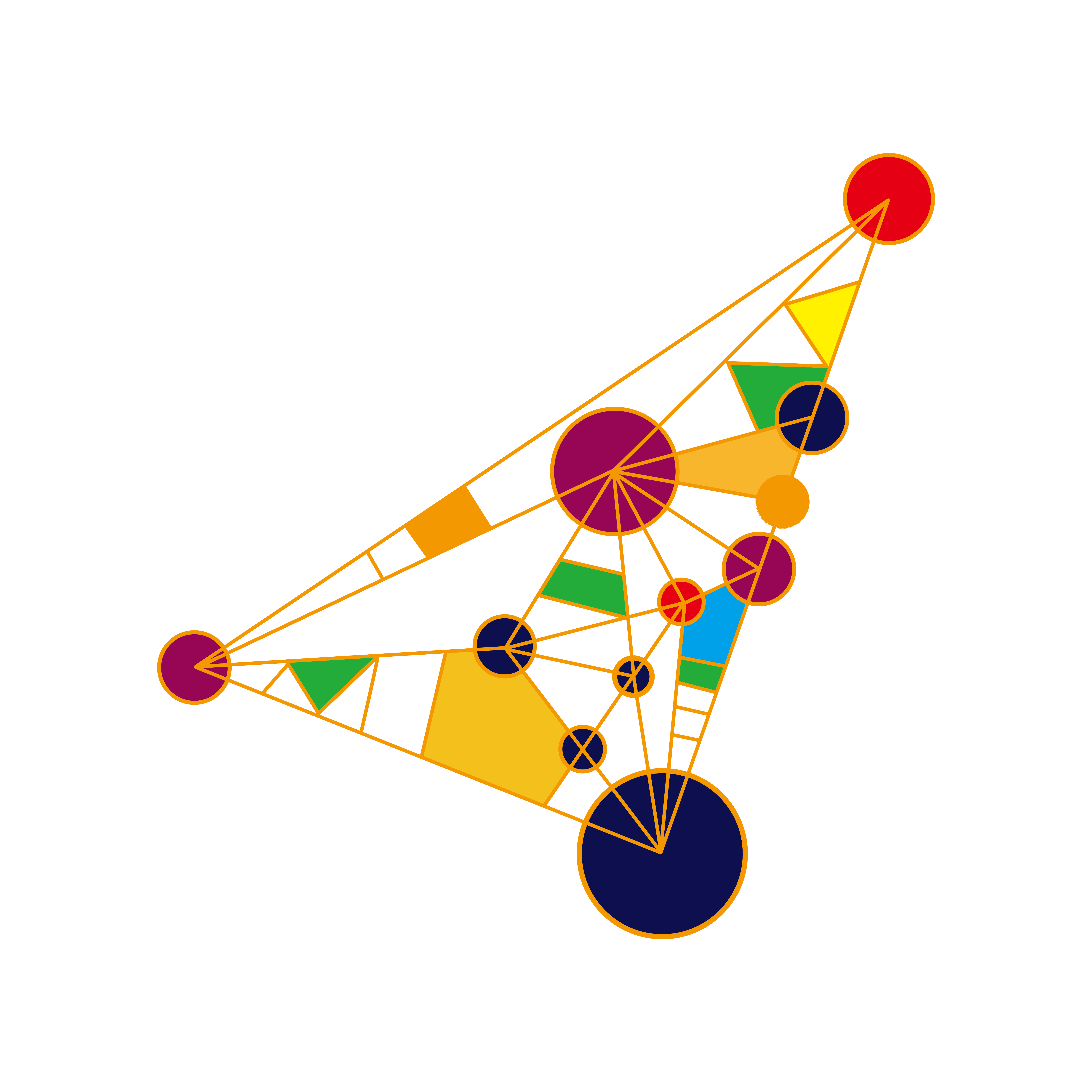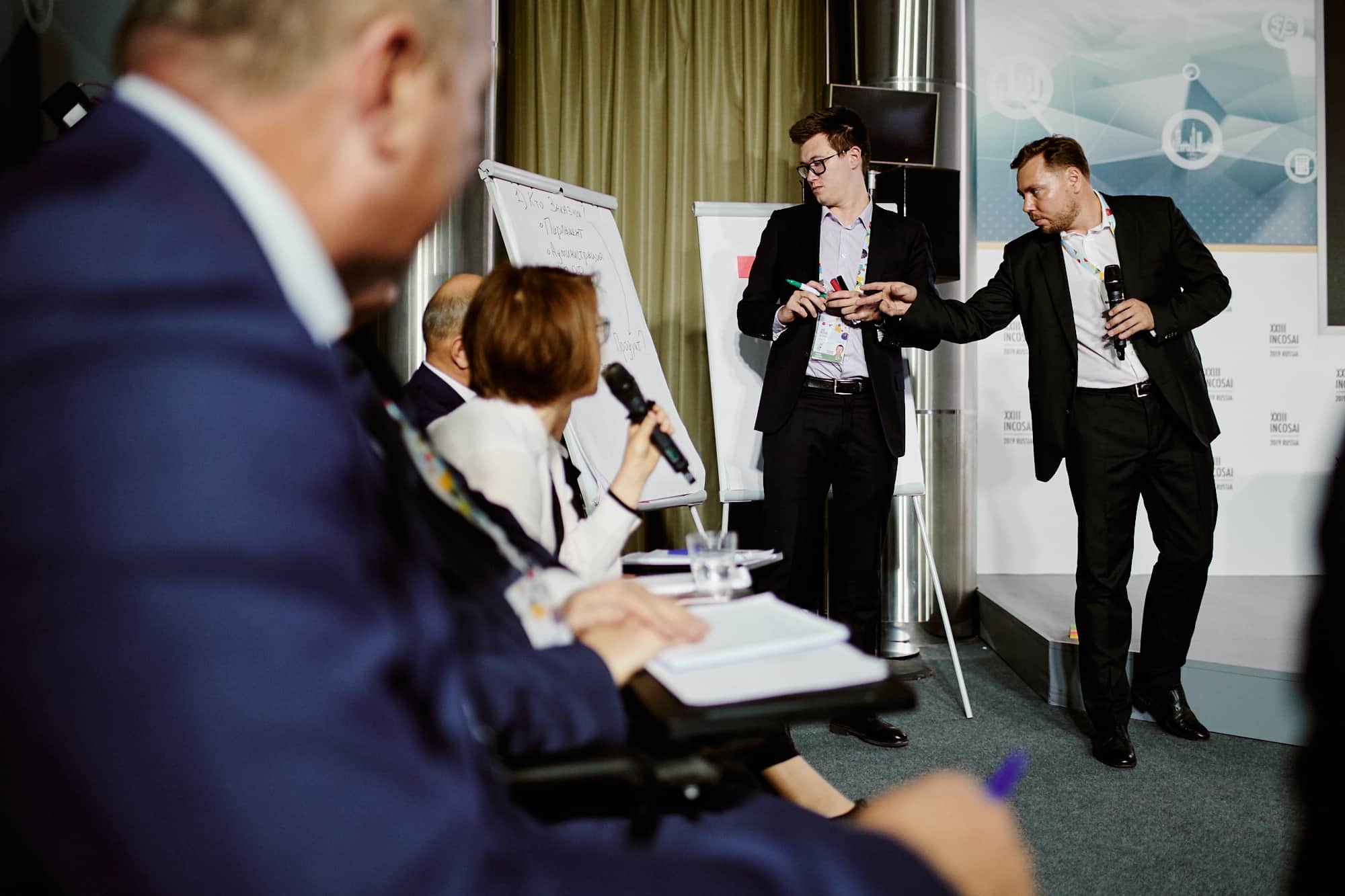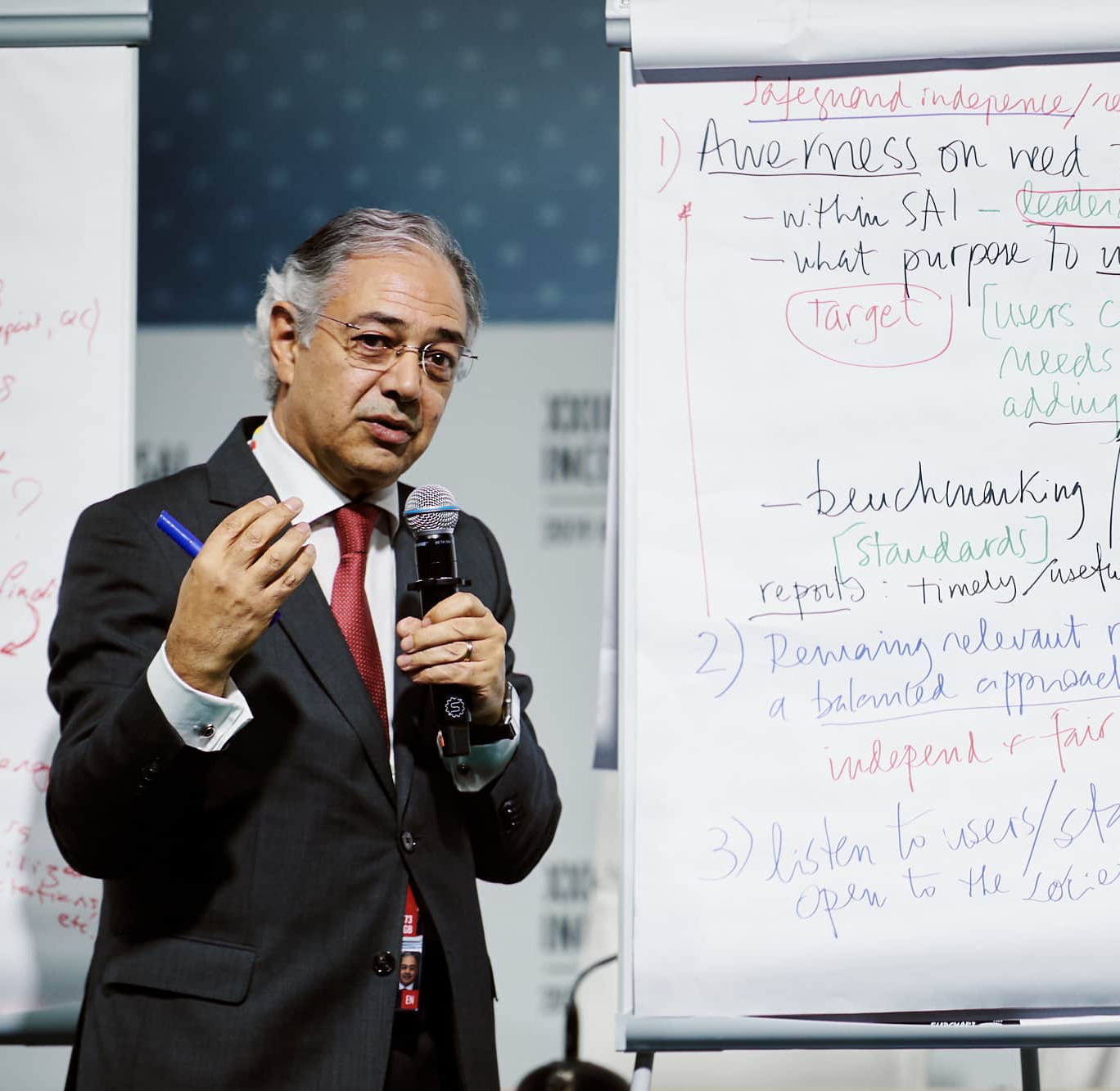Progress
Audit coverage of the SDGs-related area in general is really high. First audits were performed just several years after the adoption of the 2030 Agenda and included reviews on the preparedness for implementation of the SDGs (Netherlands, Ecuador, Jamaica, Bahrain) or particular goals. Throughout the years most SAIs have evaluated achievements on at least one SDG. Most common subjects included poverty, food safety, gender equality, corruption, public procurement and others (Ecuador, Chile, Mexico, Russia). Audits to support the priorities of the SDGs are expected to become more relevant as the target time for the SDGs draws nearer (Norway). They are performed more frequently and cover more narrow topics, such as protecting, restoring, and promoting sustainable use of biodiversity, management of water treatment services (Costa Rica) or responsible consumption and production (Chile).
Austria:
The SDGs can be a driving force in building more equitable societies and more effective public institutions. Their implementation can help to improve the interaction between public entities in their efforts to mitigate the implications of a global emergency.
International efforts and multilateral cooperation have become a useful tool for SAIs to participate in the 2030 Agenda, with IDI playing the leading role in this regard. SAIs appreciate these opportunities and participate in such projects as the Sustainable Public Procurement Initiative, SDG 3d audit, coordinated audits on food safety, gender equality, and other topics (OLACEFS, Netherlands, Fiji). What is important in terms of this provision, however, is that fewer SAIs replied to have implemented a comprehensive strategic approach to auditing and SDGs in particular, resulting in more than just single audit reports (USA, UK, Haiti, Peru, Malta).
Peru:
SAI Peru has participated in the coordinated audit of governments' preparation for the implementation of SDG 5 - Gender Equality; in the cooperative audit carried out under the auspices of the IDI Program “SAI in the Fight Against Corruption”, which has a special emphasis on SDG 16, and in the Coordinated Audit on the Sustainable Development Goals. Also, by instruction of the Senior Management, audit reports must be related to at least one SDG. SAI Peru has assumed leadership for the design and monitoring of the implementation at the national level, of the indicators corresponding to goals 16.4.1, 16.4.2, 16.5.1 and 16.5.2.
Jamaica:
Prior to 2019, the SAI’s Strategic Business Plan (2016) and its Strategic Audit Plan (2018) have been tied to Jamaica’s National Development Plan (VISION 2030) which is 98 per cent linked to the UN Sustainable Development Goals.
Malta:
The National Audit Office of Malta is currently undertaking an audit focusing on the progress registered by the Maltese Government with respect to SDG 1 and Europe 2020 targets in relation to poverty. The Office sought to identify the efforts undertaken by Government to address poverty, assess the comprehensiveness (legal and policy framework; governance structure; available financing and resourcing; the measures, projects and initiatives undertaken by Government to address poverty; the monitoring and data collection system for measuring poverty; horizontal and vertical coherence; collaboration and coordination; multi stakeholder engagement), effectiveness and inclusiveness of these efforts, and determine the progress achieved in addressing poverty. The report for this audit will be published and made public within this calendar year.
It is possible to observe that SAIs come up with a number of different approaches and methods in terms of strategic auditing, SDGs in particular, although it is mostly limited to individual success stories and still requires further popularization.
Egypt:
SAI Egypt is relying on the risk-based audit approach in auditing the sustainable development goals in order to increase the effectiveness and quality of audit processes.
Thailand:
The SAC promotes modern role of public auditing by strengthening advisory role, especially the fiscal and financial disciplinary for audit entities.
Finland:
SAI Finland assesses the dynamics between the different SDGs by analytical tools.
Indonesia:
BPK’s 2018 performance audit of SDGs Preparedness used a “continuous comprehensive and multi-perspective audit approach” focusing on outcome. The audit results were presented in 2019.
Challenges
This work of SAIs on SDGs and strategic auditing is likely to be affected due to change in priorities caused by the COVID-19 pandemic (Fiji, Myanmar). The progress has already been slowed down by the crisis, which has modified monitoring and programming priorities, notably by emphasizing short-term actions rather than the strategic themes to which the SDGs are attached (France). The reallocation of resources even stops the planning actions aimed at auditing the implementation of the SDGs, as a consequence of COVID-19 (Peru). Another issue is the impact of remote work on many government entities and constraints as it relates to IT infrastructure in the country (Jamaica).
More serious challenges, however, are more systemic and not related to the pandemic. Those include, for instance, low levels of awareness raising about the SDGs and the importance of the 2030 Agenda among those mainly responsible for their implementation (Peru), lack of coordination at high level, fragmentation, work in silos (China, Indonesia). The coherence of public service delivery across complex management systems and accountability/funding structures is a difficult challenge for governments to manage (UK). Given the fact that many entities normally contribute to meeting national or international goals, SAIs have challenges in identifying all relevant players and collecting sufficient appropriate evidence. This increases the need for flexibility in the audit plans, while multi-skilled teams will be needed to carry out the audits (Cyprus).
Indonesia:
The main issue is developing an audit strategy to remove “silos” within government agencies, hindering the Whole-of-Government approach resulting in inefficiency and ineffectiveness. To deal with this, BPK initiates “Audit Universe”, an approach to audit strategy involving a range of distinct auditable entities correlated with the program and several audit work units, to ensure accountability and transparency of government efforts in combating COVID-19 pandemic. BPK tries to break internal silos and comprehend the audit result more on the wide-angle perspective that will provide better impact to the life of the public through effective audit recommendation to the government for overcoming the unpredictable impact of the pandemic.
Cyprus:
It is important to enhance the role of SAIs in helping governments accomplish overall strategies and therefore to establish the image of SAIs as that of important counterparts of the state, rather as controllers/judges that focus on identified problems.
Egypt:
More reliance on updated methods of auditing, especially in light of the repercussions imposed by the Covid-19 pandemic, which required the use of alternative audit procedures to obtain reasonable assurance of data and information related to sustainable development process.
Finland:
A whole-of-government perspective takes time to develop and SAIs can benefit from professional dialogue with other institutions to analyze which are the key components to be understood as enablers for strategic goals.
Due to a large number of agencies concerned with the SDGs and often unclear distribution of responsibilities, such audits require substantial time and human resources (Malta), as well as special preparation and training for auditors, providing them with the required knowledge and skills (Bahrain, Portugal, Jordan). SAIs note that international assistance is necessary to enforce this provision of the Declaration (Saint Vincent and the Grenadines). SAIs await the issuance of an INTOSAI guidance to ensure a robust methodology for such audits (Cyprus, Egypt) and IDI guidance to audit the implementation of the SDGs (Fiji). Additional assistance is already being provided on bilateral basis. For example, the US GAO Center for Audit Excellence routinely assists other SAIs with the use of SAI Performance Measurement Framework (SAI PMF) and development of strategic plans (USA).
Plans
Recognizing the relevance of the topic, most SAIs confirm that the sustainable agenda is being included in their strategies and shall be addressed in the short, middle and long-term perspectives, unless it is already in progress (Myanmar, France, North Macedonia, Fiji, ECA, Bahamas, Bahrain, Czech, Slovakia, Russia). SAIs are ready to prioritize this topic and dedicate additional resources for evaluation, monitoring and reporting of SDGs (Fiji, Jamaica, Jordan, UK).
SAIs are ready to evaluate the implementation of SDGs both qualitatively and quantitatively, through an audit covering the maximum number of targets (Algeria), as well as monitor and evaluate the impacts of our recommendations to the Government (Indonesia).
Apart from audit activities, SAIs have plans for restructuring and optimization of their offices so as to better meet the challenges of integrated audits and ensure the specialization for better risk assessment, planning, and, consequently, audit (India).
Chile:
The SDGs are an input in the annual audit planning process. The audit reports will consider in their justification a paragraph that shows that said work seeks to contribute to the implementation and fulfilment of the Sustainable Development Goals, always framing around SDG 16 and identifying the particular SDG linked to that audit.
As far as planning is concerned, US GAO supports the development of strategic plans across INTOSAI based on the application of the SAI Performance Measurement Framework, which is fundamental to strategic public sector auditing (USA). International activities in this regard include participating in stage 2 of the IDI's "Strategy, Performance Measurement and Reporting" (SPMR) initiative to update the Institutional Strategic Plan and its performance, in line with IDI methodology and national priorities (Ecuador).
Cyprus:
Our Office has not yet included audits that take a high-level view of government goals and overall government strategy, in its operational plans. This is a project that will be examined in the future.
Contact Us
The Accounts Chamber of the Russian Federation
Department for International and Regional Cooperation
119121, Russia, Moscow, Zubovskaya street, 2










